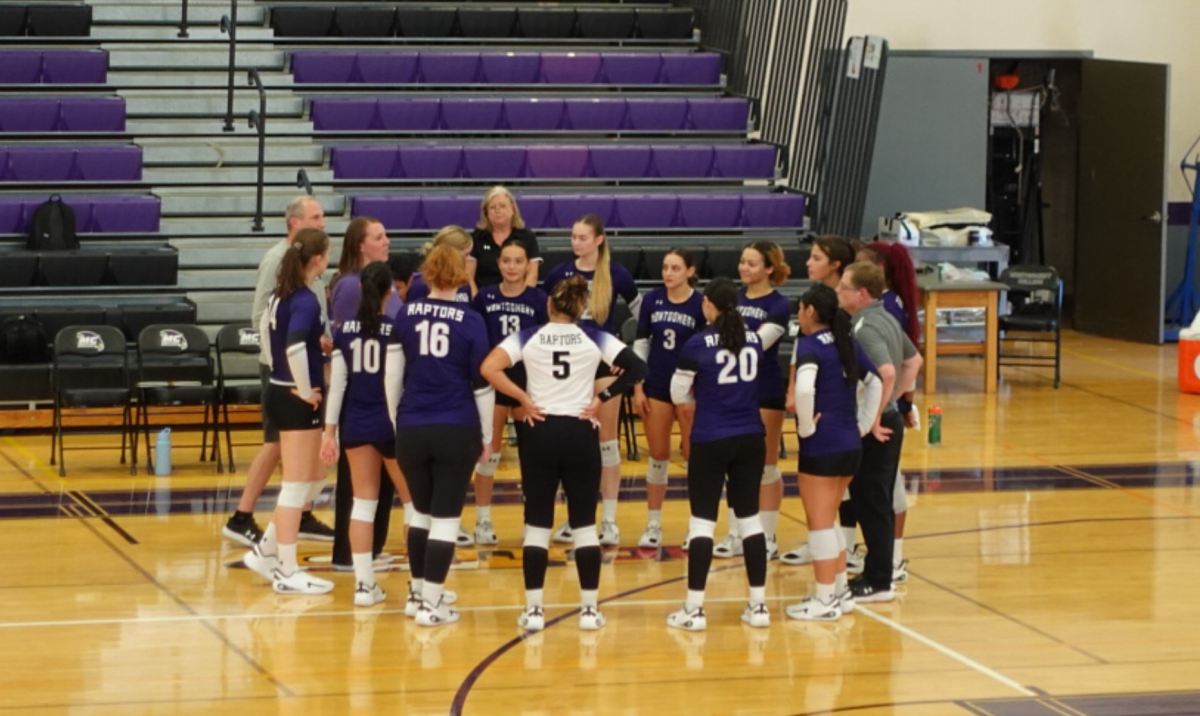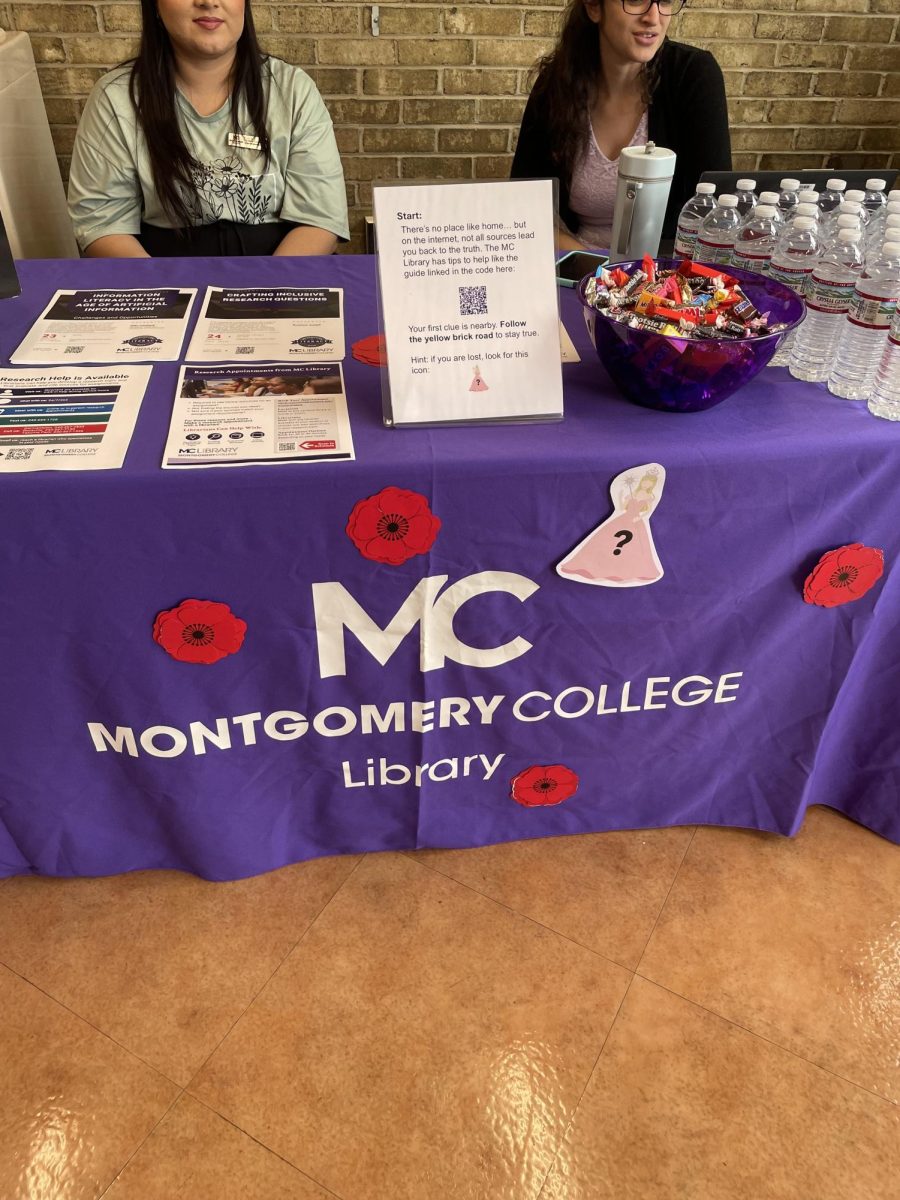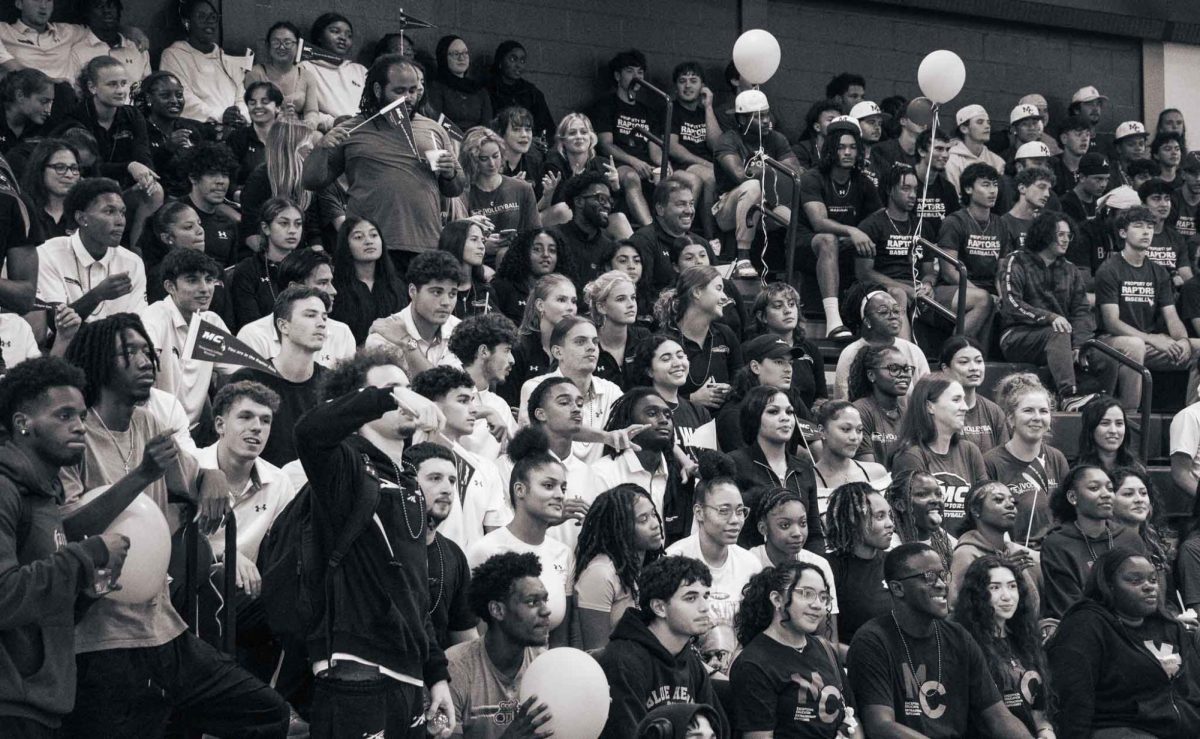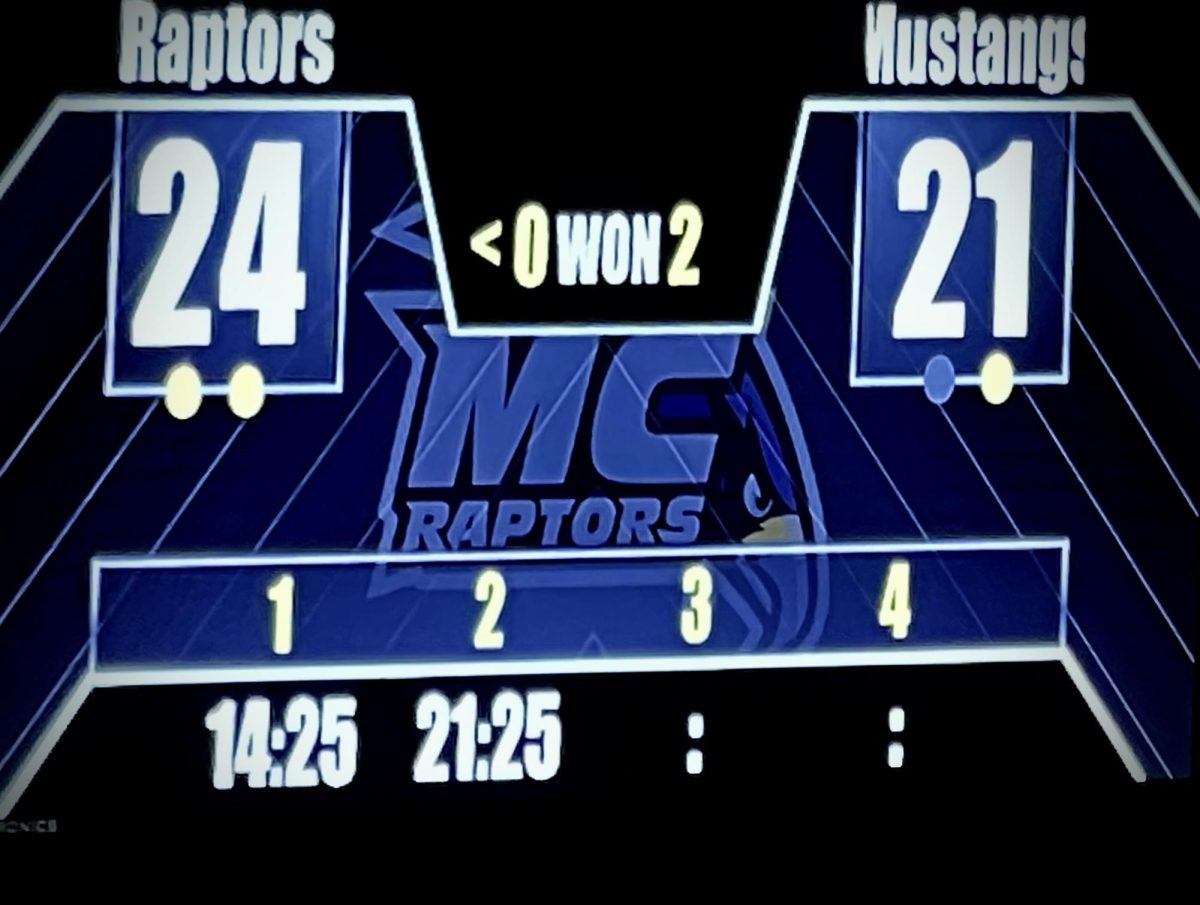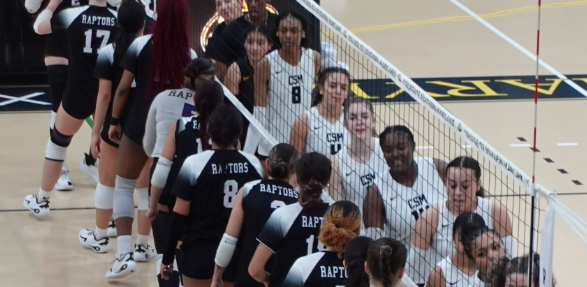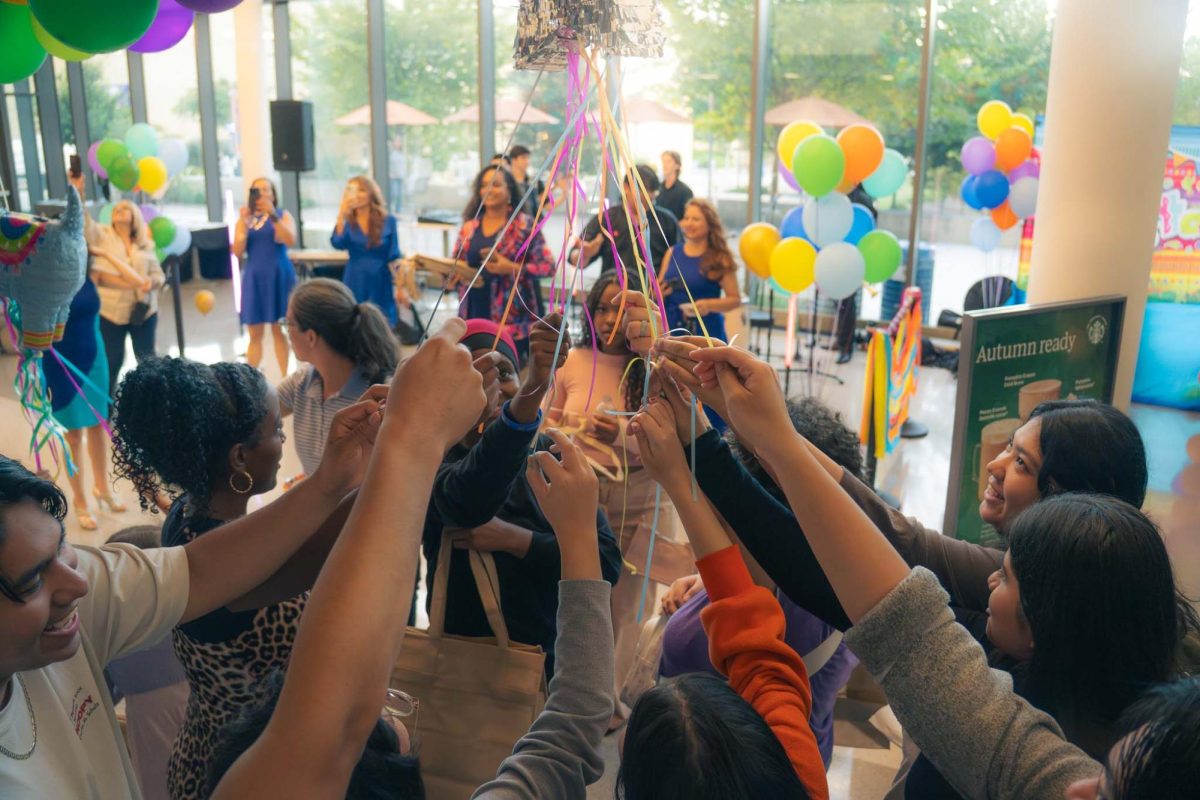On Monday, Nov. 5 Montgomery College hosted One Maryland One Book in the Rockville campus Theatre Arts building. The event featured a talk by Dr. Nathan Zook of MC’s history and political science department and a reading of the book “The Cellist of Sarajevo” by Steven Galloway.
The event started as Professor Sara Bachman Ducey, Director of the Paul Peck Humanities Institute, delivered a brief synopsis of The Cellist of Sarajevo. The book takes place in the capital city of Sarajevo in Bosnia and Herzegovina while it is under siege by deathly mortars. The book highlights the acts of a cellist who plays the instrument in remembrance of the victims of the attacks as the city is in peril surrounded by destruction and death. When explaining the event, Ducey said, “This event is inspired and informed by the book.”
After her brief synopsis, Ducey read an excerpt from the book which entailed what this unnamed cellist witnessed and experienced during the siege. “And the entire book is as powerful as that, it’s a beautiful book,” said Ducey, as she wrapped up reading the excerpt and gave the podium to Nathan Zook.
Zook began his talk with the personification of the cello. “Cellos are very human in scale and size,” Zook said as he explained to the audience the grandeur of the instrument and why it is the most human of instruments. Zook described how the cello has affected his life, since his wife is a professional cellist. “Just like humans need someone to lean on, cellos also need support.”
He proceeded to talk about war, the detriment it causes to people all over the world, and how “The Cellist of Sarajevo” attempted to depict a raw sense of humanity during the crisis in the Balkan city. Showing photographs of human cadavers as they lay lifeless on a street during the Japanese invasion of China illustrated the egregious effects that war has on the vulnerable. Zook introduced the idea that people throughout time have become desensitized to war, and that has contributed to unbridled use of war to resolve problems.
During this portion of his talk, Zook encouraged the students and staff in the audience to play rock, paper, scissors to act out how important survival is during war. Passing out old business cards as “lives,” audience members would either collect or give away their life to their opponent depending on the outcome of the game. If you lost your game, you would give your life to you opponent and vice versa if you won.
Zook stated that the unnamed cellist in the book attempts to commemorate the people who died in the siege by playing the cello. “This is a very deep, powerful novel,” Zook said when reflecting on the message the book exhibits. The event ended with a positive tone as Zook introduced alternatives to war in international politics and how war can be averted. “Long term goals create a more hospitable environment. Peace can come from deep within the soul.”


